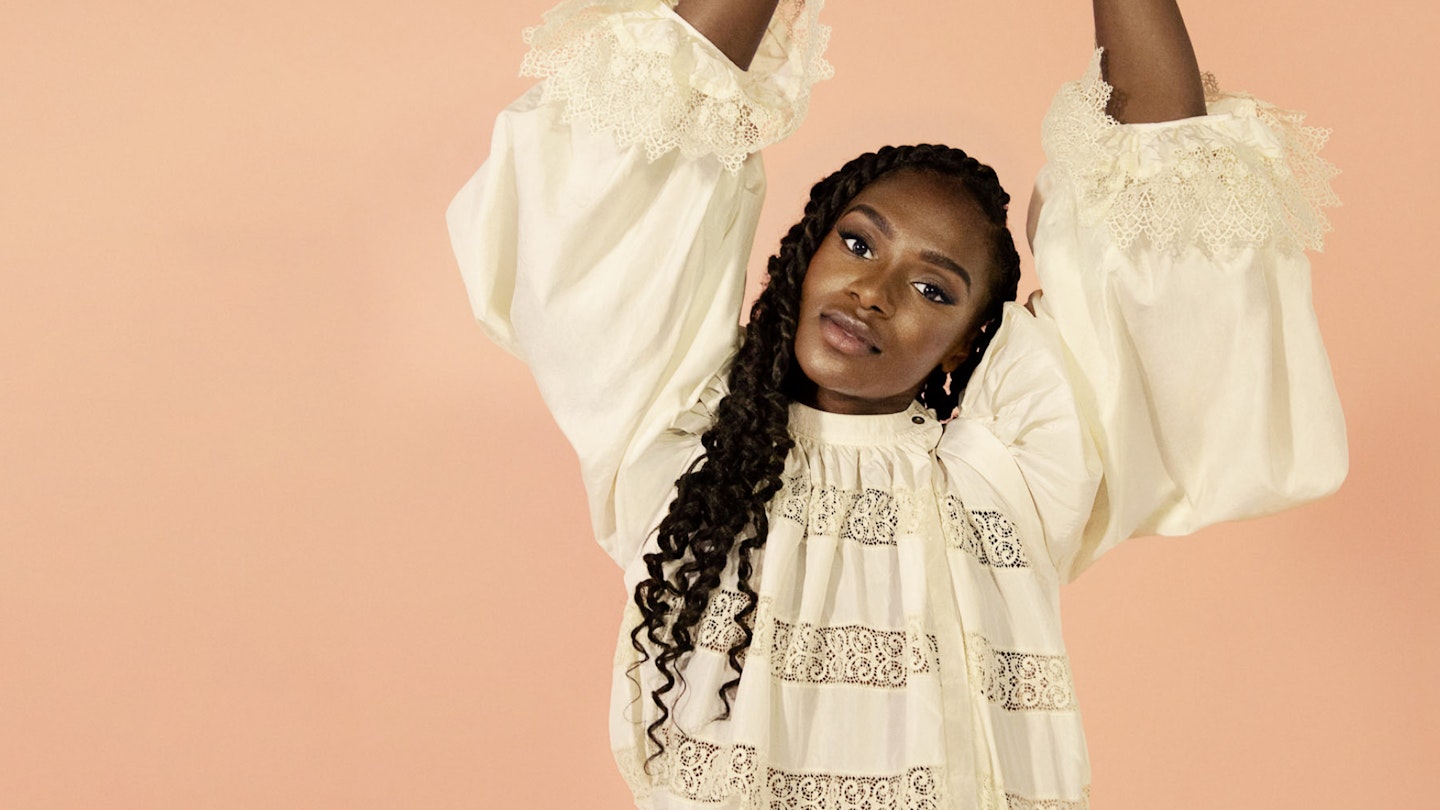Lockdown has been a reflective time, not only because we’ve all been stuck at home, but also because the atrocities of 2020 have inspired a need for change. The Black Lives Matter movement once again called for an end to systemic racism, and this time it felt as if people were truly listening. It’s proving to be a time for resilience and motivation, a time to push forward and take the lessons of the last few months into our everyday lives.
Someone who knows a fair bit about resilience is sprinter Dina Asher-Smith who, at just 24 years old, is the fastest British woman in history. She should have been in Tokyo right now, representing Team GB in the 2020 Olympics, but instead she has had to keep motivated and shift her focus to 2021.
In conversation over Zoom with Tessa Sanderson, CBE, OBE, MBE, former javelin thrower and heptathlete, and the first Black British woman to win Olympic gold in 1984, Dina opens up about lockdown training and adapting to the new normal.
More genuine change needs to happen.
Tessa: It’s been ages since we last spoke, how has it been coming to terms with the Olympics being cancelled? We had this in the 1980s when Margaret Thatcher made the decision not to compete in Russia. We went to Moscow anyway, but loads of different countries pulled out. It was very political. You guys have no choice though.
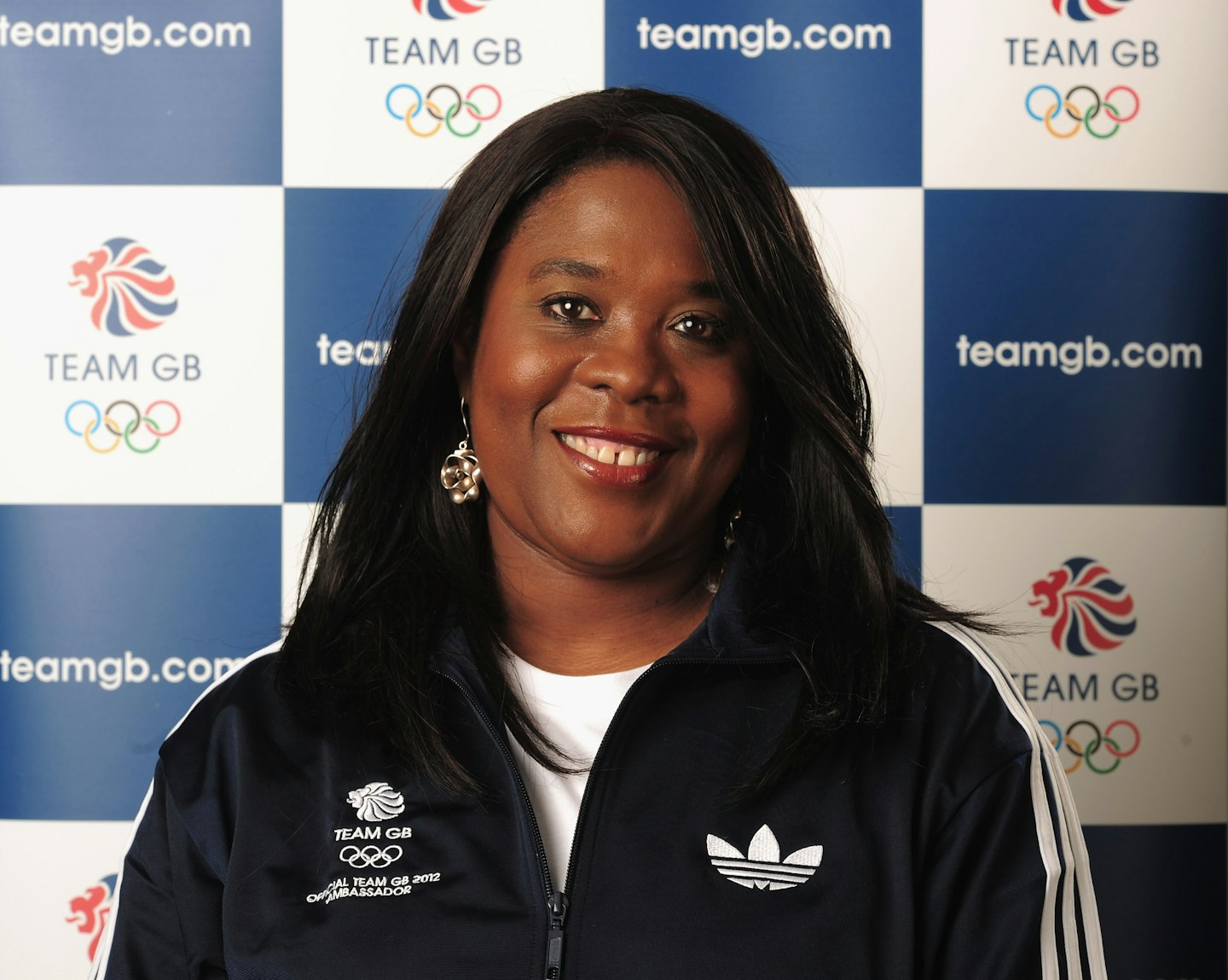
Dina: Yeah, it’s a bit different. By the time it was announced, it was already clear the Olympics just couldn’t happen in its fullest state. Before then, I wasn’t taking it in really but, when things started to become clearer about what the virus meant for the world, in the spirit of the Games it just wasn’t going to be feasible. I live alone, so I was just home alone when I found out and it was a mixed moment for me. At that point, people’s lives had changed so much, some were in really bad health situations or had lost their jobs, it didn’t feel like the right vibe.
Sometimes we just need to spend time with our families and focus on doing the best we can as a community. It was still really sad because we’ve all been working really hard, but the health of everybody obviously trumps our personal aspirations. I’ve been through the process now and I’m OK with it. Take away being an athlete for a second and the Olympics is entertainment, it’s about people coming together and showing what they can do. It wouldn’t have been possible to achieve that fairly if it had gone ahead.
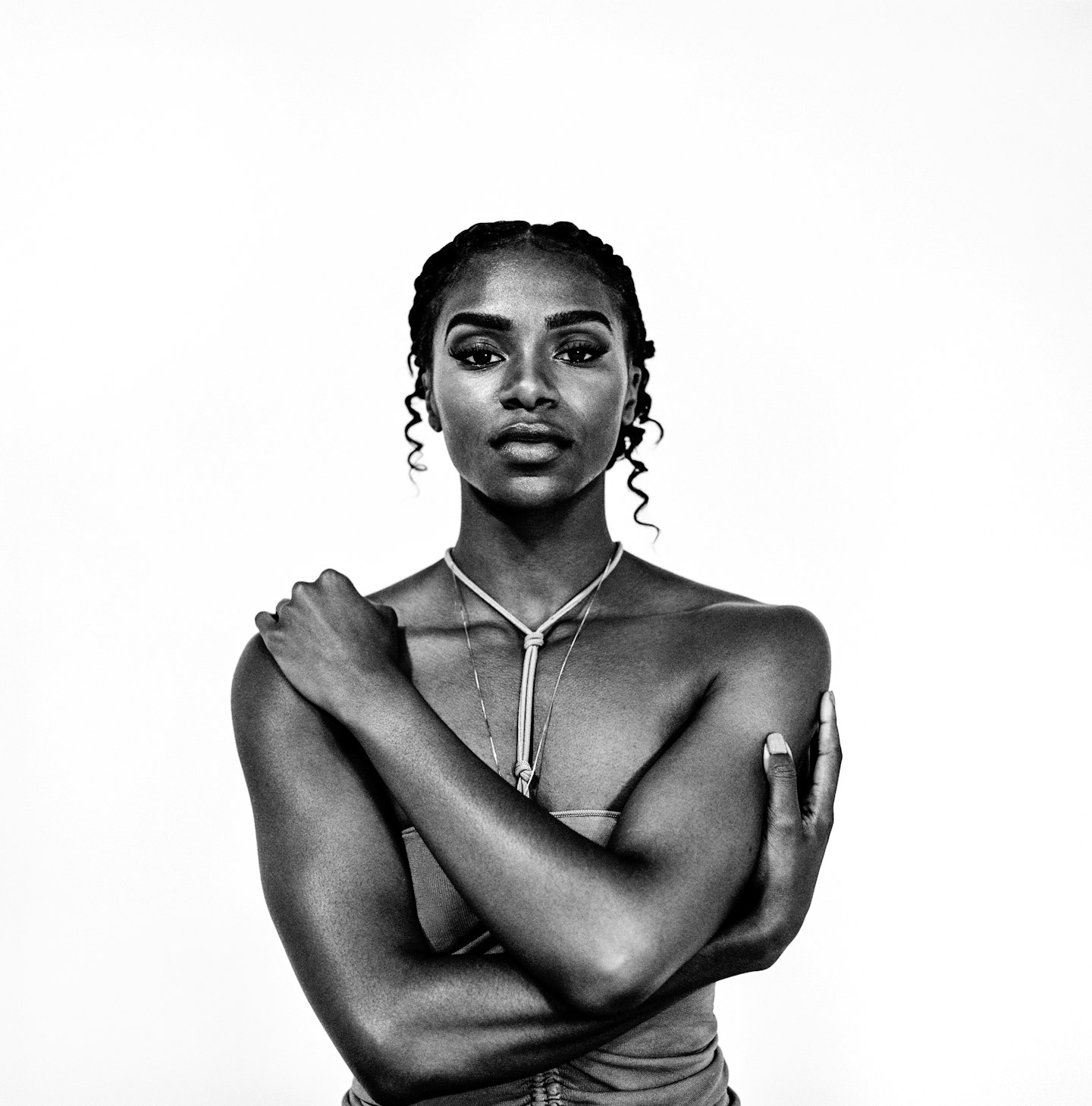
Tessa: For me, having 26 years in track and field and going to six Olympic games, there’s so much build-up of training and psychological preparation, it would be such a shock to have it taken away so suddenly. How was that?
Dina: I think because I’ve processed it now, I’m cool with the prospect of it being in a year’s time. What will be, will be. In the past two years I’ve become more confident in my ability to perform regardless of circumstances. I’m not trying to be arrogant but, when you’re young, you think the stars have to align for you to perform well. But, when you go through things, and I know you’ll feel the same, whether it was my broken foot or various pressures behind the scenes, it just makes you grow up. With that I’ve become far more confident in my ability. I trust myself to be ready, whatever the circumstances.
To be honest, even though as an athlete you’re obviously thinking about the Olympic Games all the time, I hadn’t really started zoning in on them yet because the season hadn’t started. I was in that hard work stage of really minding my business and making sure I’m getting the best out of myself. So, for me, lockdown has meant staying in that pre-Olympics stage.
Tessa: When I saw you run in the last major games, you were like a gazelle. How have you been keeping that up during lockdown?
Dina: I’ve been training with the same frequency as before, six days a week – within the lockdown measures. I’m very fortunate one of my sponsors, PureGym, let me borrow some of their equipment so I have a little gym at home. The nature of my training changed, obviously, because we weren’t allowed on tracks or inside gyms and there was no supervision or physio, but I was pretty much training like normal. If anything, I was doing more because I was doing loads of Instagram challenges! Plus, I still had Zoom meetings and other projects that needed to be reworked post-lockdown, so it’s actually been a really busy period.
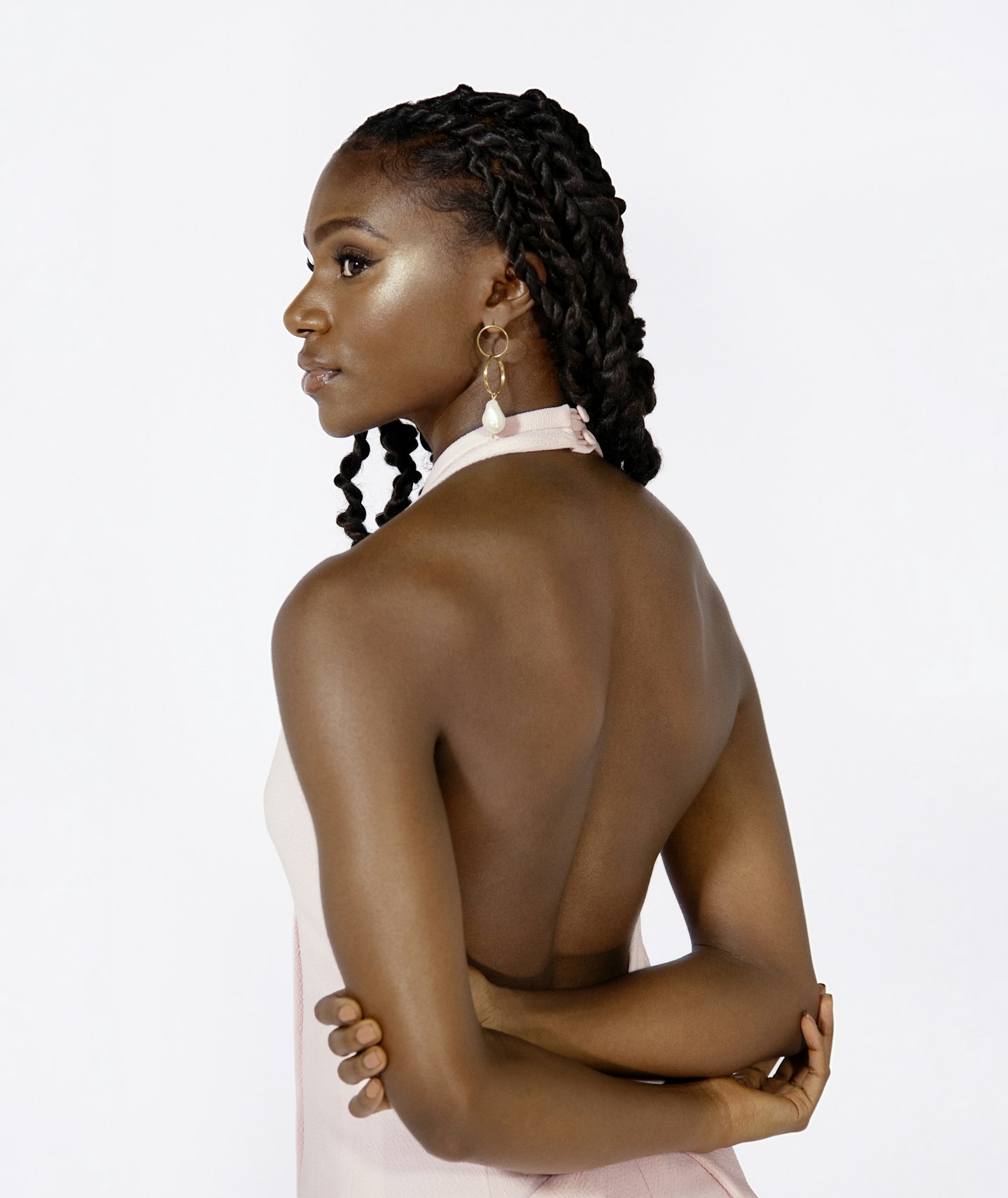
Tessa: And how have you been spending your time outside training ?
Dina: I was doing some of the lockdown clichés. I mean, I think people going out running was a lockdown cliché in itself but that’s just my life. I had a weekly quiz for a while, I baked brownies and rode my bike. Mainly it’s just been chilling and talking to friends and family. Normally, on the day I’m not training, I’m exhausted. If I was to give my advice on resilience it would be, in this particular tough time of the pandemic, be kind to yourself. Mental health is going to be something that’s really important to us all over the next few months. Be mindful and watchful of your mood and, if you don’t want to do something right now, look after yourself first. Remember it’s all part of a bigger picture, so you might not feel motivated today, but that feeling will pass.
Tessa: When I started training in 1969, I had to work a full-time job. Three weeks after I came home with my gold medal, I was made redundant, so I had to learn to survive. Juggling all those things was so tough. How have things changed now?
Dina: It’s not completely fair in track and field. I could sit here as a sprinter and say, ‘It’s fine!’ but I’m very fortunate I don’t have to work a 9-5. Even if I was the same ability in another discipline, say a thrower [javelin, shot put, discus], they don’t get the same opportunities. That’s why we have to say ‘the throwers count, too’ because there is a bias within in our sport. It should be fair for all the other disciplines, the people who do 10Ks, marathons, if you’re a road runner – everybody could have a market. That’s something I hope we’re going to get better at. I know that there are athletes who are in a similar position in terms of working full-time like you were.
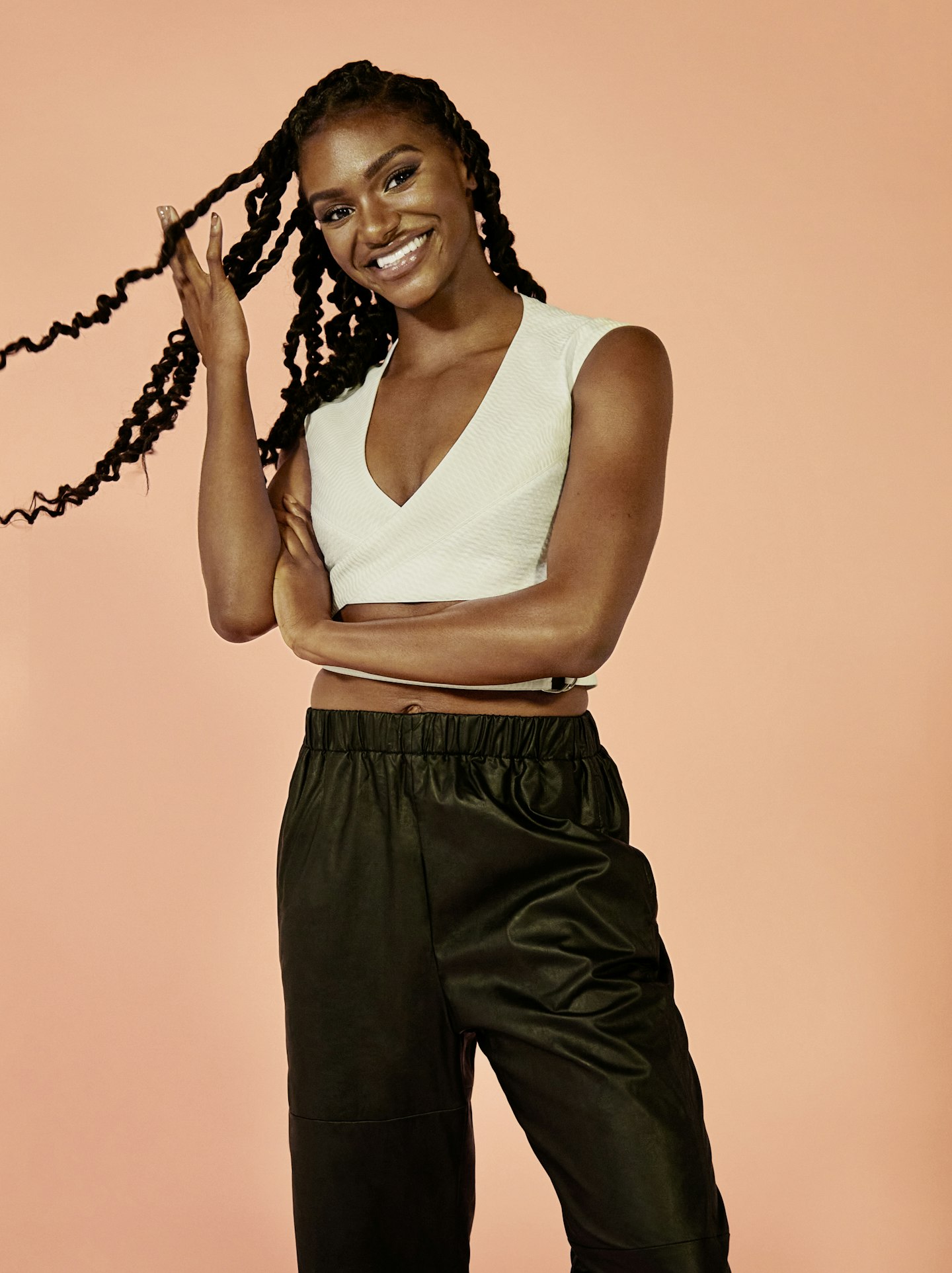
Tessa: You touched on bias, so let’s talk about the Black Lives Matter movement. I had racism in school. I was spat on. But it was worse when I got into international competitions. I had hell. It wasn’t directly ‘you’re Black, so you’re not going to be in this’, but some of the big competitions I needed to be in, I wasn’t even told about. Now, there are so many Black people in sport at all levels, but the racism is still there. It hurts me, and I know it does you too.
Dina: At the end of the day, people shouldn’t be treated differently because of the colour of their skin. It’s a pigment. Fundamentally we’re all exactly the same, it’s just that our skin may have more or less melanin in it, that’s the only difference. That shouldn’t be the foundation for the way anyone prejudges or treats us. Sport is a diverse place, particularly in the Olympics because it’s a celebration of people from all around the world. The whole idea of it is that, when you get there, it doesn’t matter what colour your skin is, where you’re from or what circumstances you came from, you have the same opportunity as everyone else. That’s the fundamental idea of the Olympics and it’s a beautiful idea, that’s why it’s so popular.
Tessa: You wrote about your experience of racism for The Telegraph [Think racism hasn’t affected me? It’s there almost every day]. How difficult was it to articulate that?
Dina: It was weird because, when I sat down to do it, it was the easiest article I’ve ever written. It flowed because, when I was ready to write it, it was just my honest truth. But the process of me actually going to sit down at the laptop was really difficult. I planned to write it about three weeks before I did, every time I brought it up in my head, I had this feeling I’d never had before: the idea of it made me very exhausted. I think it’s because, in the aftermath of George Floyd, it was really difficult. It’s been the same for a lot of my Black friends. It brought back memories and experiences that we had actively suppressed or tried to forget. You try and push things out of your mind because it’s hard to carry heaviness around every day. Even though it’s there and you try and rise above it, you do have to suppress stuff so you don’t feel heavy all the time.
It was good that everyone was talking about it, and they were discussions that needed to be had but, when we needed to tune out for our own mental health, we couldn’t. You take yourself off Twitter, but then you turn on the radio and it’s on the radio, turn on the TV and it’s on the TV. You open WhatsApp and everybody’s talking about it, you open Instagram and everybody’s talking about it. Netflix’s top-watched shows were all on those subjects. So, for about three weeks, it was very hard. It’s important and I knew I wanted to write it but it was hard to bring myself to do it without being too emotional to write clearly. I underestimated how emotionally difficult it would be. And there are people that are going to have something to say about it that’s not nice, so you have to be emotionally ready for that too.
Tessa: What still needs to change?
Dina: I think more genuine, not performative, change needs to happen. It would be nice to see people reflect on their own lives and think, ‘I didn’t realise I was doing this.’ I’m an optimist, I like to think people don’t realise they’re doing it. So I want people to take a step back and go, ‘Actually, we could engage far more people and have a more powerful message if we brought more people on board with a different perspective to us.’ That’s within companies, journalism, TV (in front of and behind the scenes), in boardrooms, people making the top decisions. They reflect how people can, hand on heart, be the change.
Graziau2019s 10 Best Stories You Might Have Missed
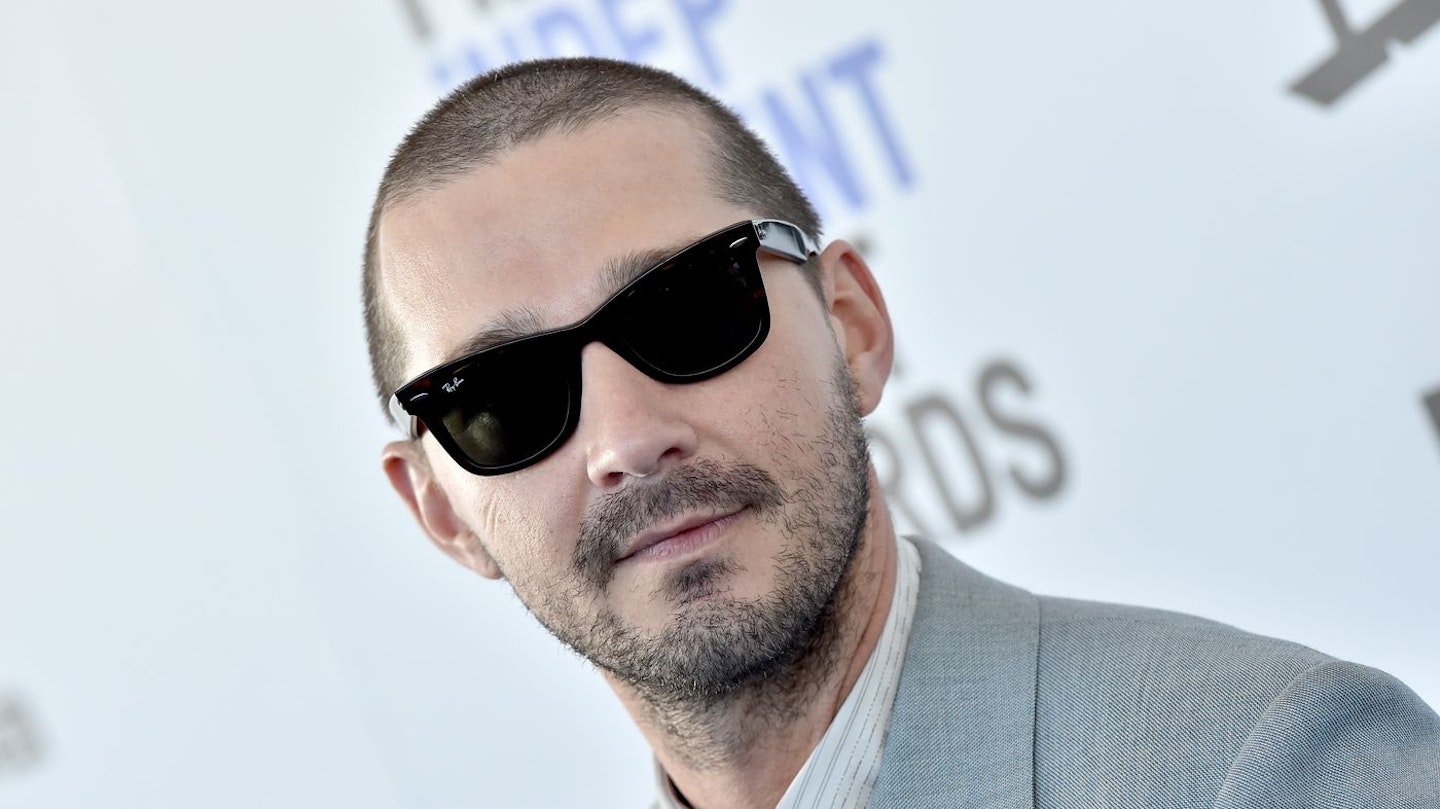 1 of 10
1 of 10Saying Shia LaBeouf Was 'Always A Bit Weird' Isn't Helping Anyone
 2 of 10
2 of 10All The Friends Christmas Episodes, Ranked
 3 of 10
3 of 10People Have A Right To Be Annoyed At All The Love Islanders Who Have Been On Holiday In Dubai
 4 of 10
4 of 10Victoria Beckham's Complete Hair Evolution
 5 of 10
5 of 10Ariana Grande's Engagement Nails Prove THIS Is The Manicure To Go For If You Think A Proposal Is On The Cards This Christmas
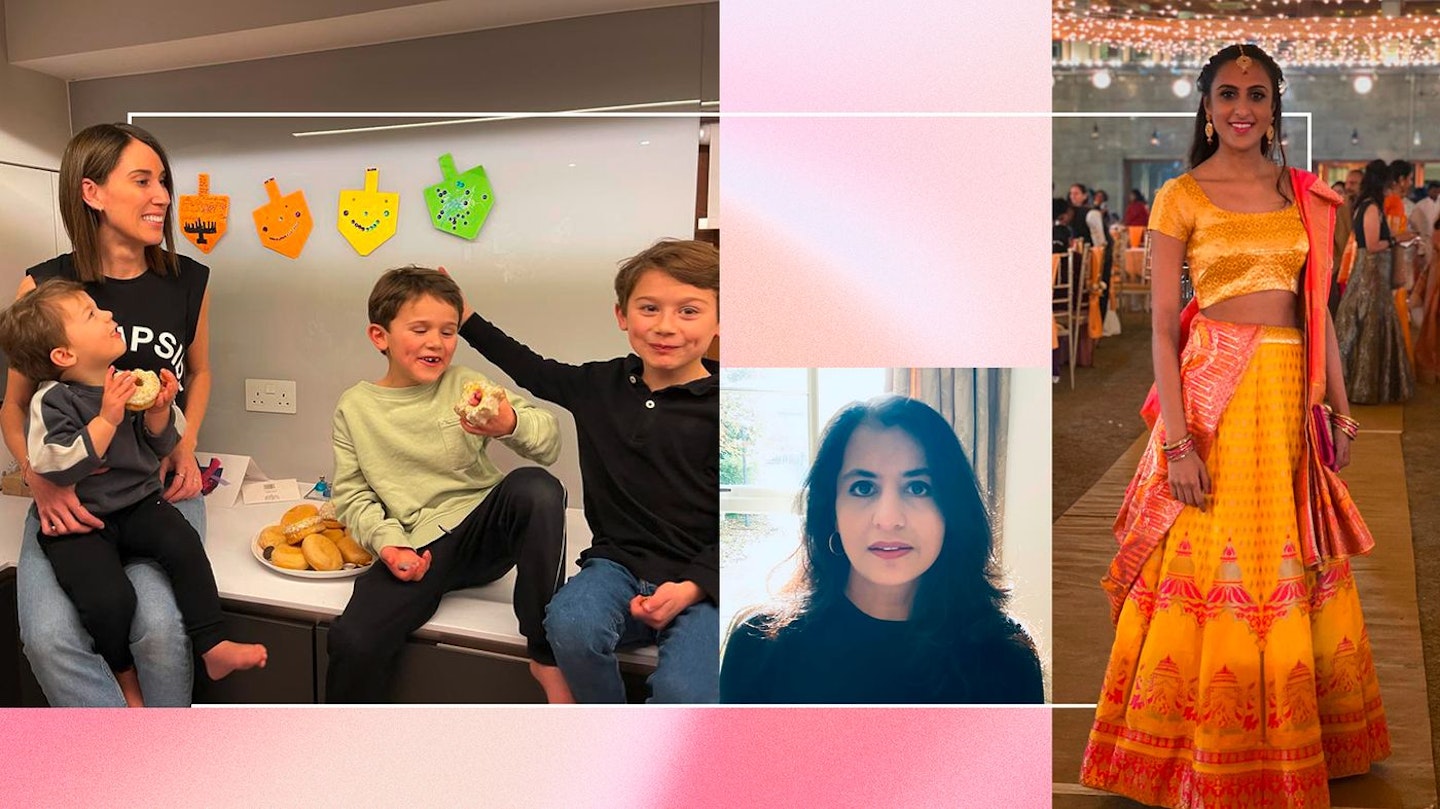 6 of 10
6 of 10How Women Of Different Faiths Have Celebrated This Year
 7 of 10
7 of 10All Of The Money Spent, Food Wasted And Plans Disrupted Could've Been Avoided If The Government Handled The Coronavirus Crisis Properly
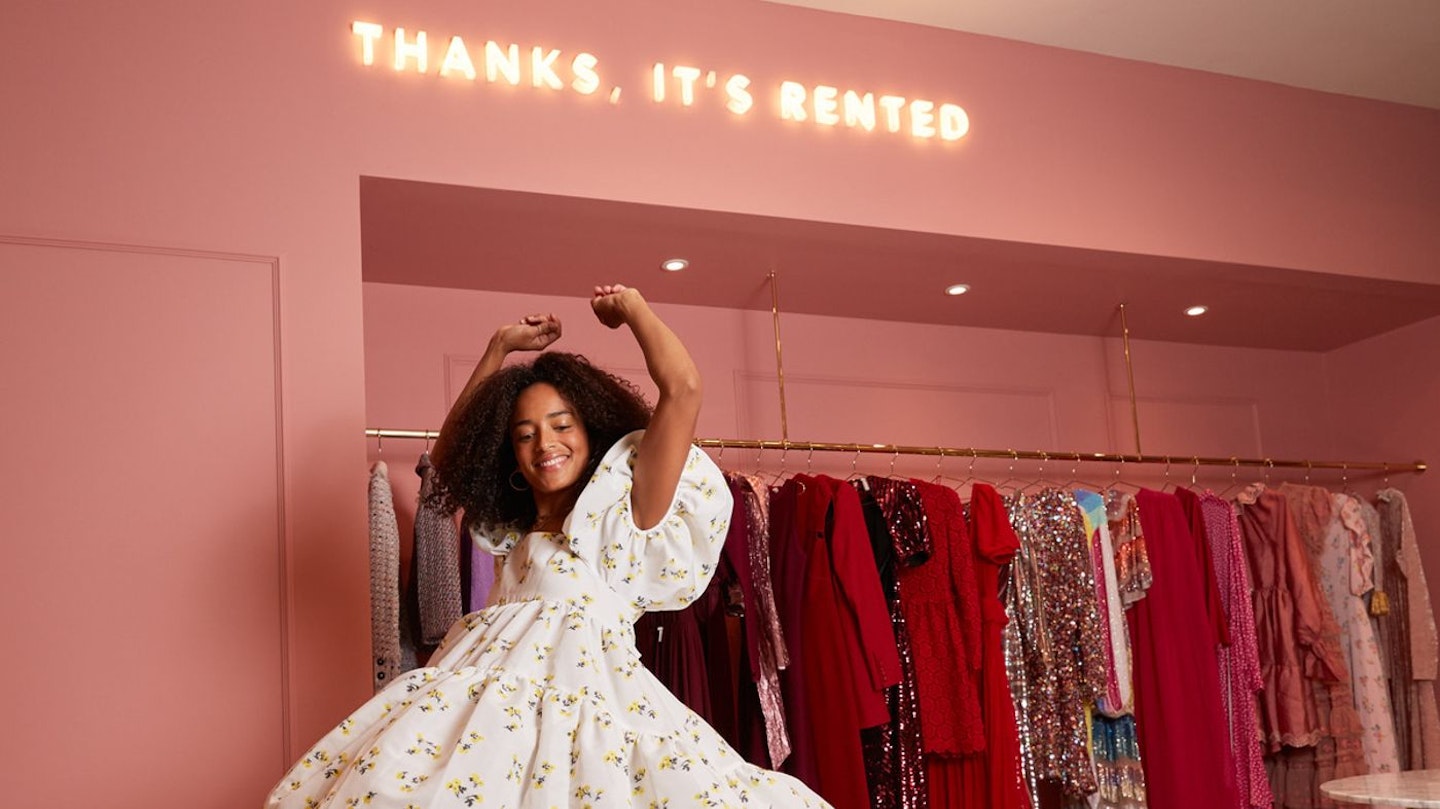 8 of 10
8 of 10Renting Clothes Is More Popular Than Ever But Would You Really Ever Stop Buying Outfits?
 9 of 10
9 of 10Searches For Pyjamas Are Higher Than Ever, So Here's The Best Pairs To Buy Before They Sell Out
 10 of 10
10 of 10